- 4719
- 0
Sharing Ideas and Updates on LPG in Nigeria and related information to enable effective collaboration within the LPG Value Chain
LPG IN NIGERIA’S TOP BLOG POSTS FOR THE YEAR 2023

Let’s review some of our most popular blog posts for the year 2023 together and see why they were considered top-notch.
The first blog post titled ‘HOW TO START A SUCCESSFUL LPG BUSINESS IN NIGERIA IN 2023’ had 3,930 views. The blog explores Nigeria's LPG industry and the government's push to boost LPG usage, aiming to replace traditional fuels. It highlights the National LPG Expansion Implementation Plan, set to introduce 10 million cylinders and increase LPG consumption by 2027. The piece identifies a gap between Nigeria's gas reserves and low LPG use due to inadequate investment. It touches on challenges in LPG supply and NLNG's commitment to local distribution. The post also mentions investment opportunities, risks, profitability, and the government's role in expanding LPG usage, making it a comprehensive guide for potential LPG entrepreneurs and shedding light on its broader impact. The same ideals for starting a business apply in 2024.
The second post we will be looking at is titled ‘How To Apply For An LPG Plant Permit With NMDPRA (DPR)’ with 3,168 views. The blog serves as a comprehensive guide for obtaining an LPG bottling plant permit from the Nigerian Midstream Downstream Petroleum Regulatory Authority (NMDPRA). It details the step-by-step process through the ELPS Portal, including registration, profile creation, dashboard navigation, and application stages for various licenses. The post highlights payment procedures, document upload requirements, and the overall significance of its systematic explanation in aiding stakeholders through the regulatory process for establishing an LPG plant in Nigeria. This post has helped countless of viewers get their LPG permit from the NMDPRA.
The third blog we will be looking at is titled ‘The Removal of Fuel Subsidy in Nigeria and Its Impact on the LPG Industry’. The blog explores the potential impact of Nigeria's deliberation on fuel subsidy removal on the LPG industry. It outlines how this move might affect LPG demand, infrastructure, pricing, and policy reforms.
Increased LPG Demand: Rising fuel prices could drive consumers towards LPG, creating growth opportunities.
Infrastructure and Investment: Funds redirected from subsidies could stimulate investments in LPG infrastructure.
Price Dynamics: The affordability of LPG post-subsidy removal depends on production costs and supply chain efficiency.
Policy Reforms: Removing subsidies could pave the way for supportive policies to bolster the LPG sector.
The post highlights challenges and opportunities for the LPG industry, stressing collaboration among stakeholders to navigate potential hurdles and realize the benefits of a thriving, sustainable LPG sector in Nigeria.
Fourth on the list is titled ‘Pricing As A Challenge For The Nigerian LPG Industry’. This blog meticulously examines pricing challenges in Nigeria's LPG distribution industry and proposes solutions. It details the challenges—price volatility, impact on affordability and viability, consumer behavior shifts, operational costs, and competition—highlighting complex logistics as a contributing factor. To tackle these challenges, it suggests measures like price stabilization mechanisms, long-term contracts, consumer education, and advocacy for stable policies. The post emphasizes collaborative efforts to sustainably manage pricing, ensuring LPG accessibility and preference among consumers.
The last blog we will be looking at explores ‘How To Succeed As An LPG Plant Owner In Today’s Nigeria’. This blog offers guidance for LPG plant owners in Nigeria, focusing on vital strategies for success:
Build a Strong Brand Identity
Prioritise Quality and Safety
Adopt a Customer-Centric Approach
Expand Product Range
Embrace Technological Advancements
Forge Strategic Partnerships
Foster Continuous Innovation
These strategies empower LPG plant owners to excel in Nigeria's dynamic market, emphasizing customer focus, innovation, and adaptability to thrive amid competition.





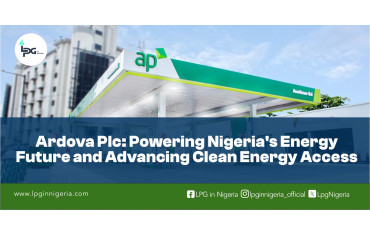
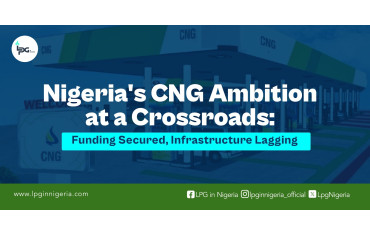
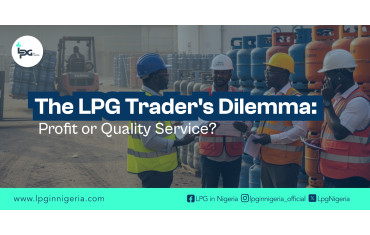
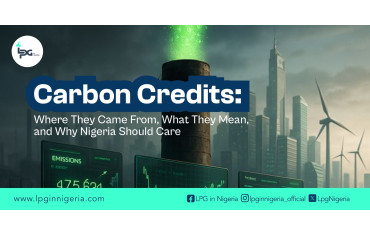
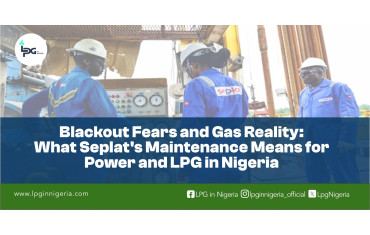
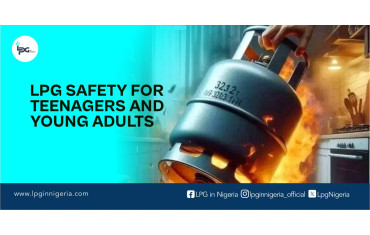





0 Comment.